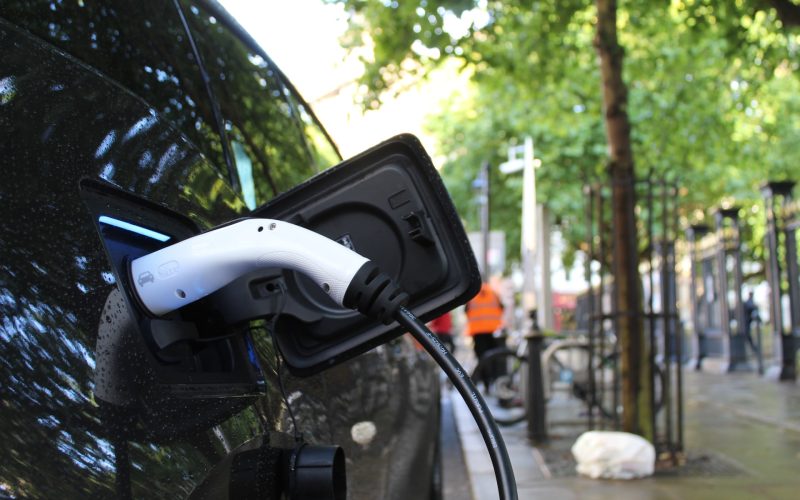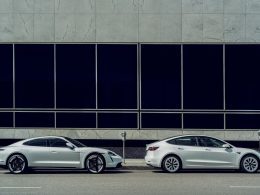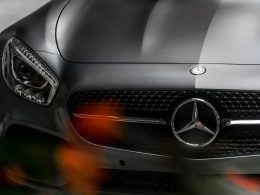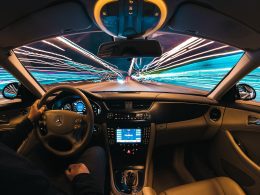Chinese electric vehicle (EV) start-up Hozon Auto is expanding its global presence with plans to build an EV factory in Thailand, marking the company’s first overseas production base. The announcement comes as Hozon aims to accelerate its growth and compete with established EV makers such as Tesla, NIO, and BYD.
According to Hozon’s CEO, the company plans to invest more than $1 billion over the next three years to build a factory with an annual production capacity of 33,000 vehicles. The factory will produce the company’s flagship EV model, the Neta V, as well as other models designed for the Southeast Asian market.
The move into Southeast Asia is part of Hozon’s broader plan to become a global player in the EV industry. The company’s focus on international expansion comes as China’s domestic EV market becomes increasingly crowded with more than 400 EV start-ups vying for market share.
Hozon’s decision to establish a production base in Thailand is driven by several factors. Firstly, Thailand has a well-established automotive industry and is the largest automobile producer in Southeast Asia, making it an attractive location for companies looking to set up manufacturing facilities in the region. Secondly, Thailand has been actively promoting the development of EVs and has set a target of producing 1.2 million electric vehicles by 2036.
Hozon’s move into Southeast Asia also comes as governments around the world are pushing for a shift towards cleaner forms of transportation to reduce carbon emissions and combat climate change. EVs are seen as a key part of this transition, with many countries offering incentives to encourage their adoption.
The company’s flagship model, the Neta V, was launched in China in 2019 and has received positive reviews from customers and critics alike. The Neta V is a compact crossover with a range of up to 500 kilometers (310 miles) on a single charge, making it suitable for both urban and suburban use. It features advanced driver assistance systems and a range of other cutting-edge technologies.
Hozon has ambitious plans for the Neta V, with the company aiming to sell 100,000 units by the end of 2021. The company also plans to launch several other models over the next few years, including a mid-sized SUV and a luxury sedan.
Hozon’s move into Southeast Asia is likely to face some challenges, however. The company will be competing with established players such as Toyota, Honda, and Nissan, as well as other EV makers such as Tesla, which has already established a significant presence in the region.
In addition, Hozon will need to navigate the complex regulatory landscape in Southeast Asia, which varies from country to country. The company will also need to build a local supply chain and establish relationships with local suppliers.
Despite these challenges, Hozon is optimistic about its prospects in Southeast Asia. The company sees the region as a key growth market for EVs, with a large and growing middle class and increasing demand for cleaner forms of transportation.
Hozon’s move into Southeast Asia is a significant milestone for the company and underscores its ambitions to become a global player in the EV industry. The success of its expansion into the region will depend on its ability to navigate the challenges it will face, but if successful, it could mark the beginning of a new chapter in the company’s growth.











